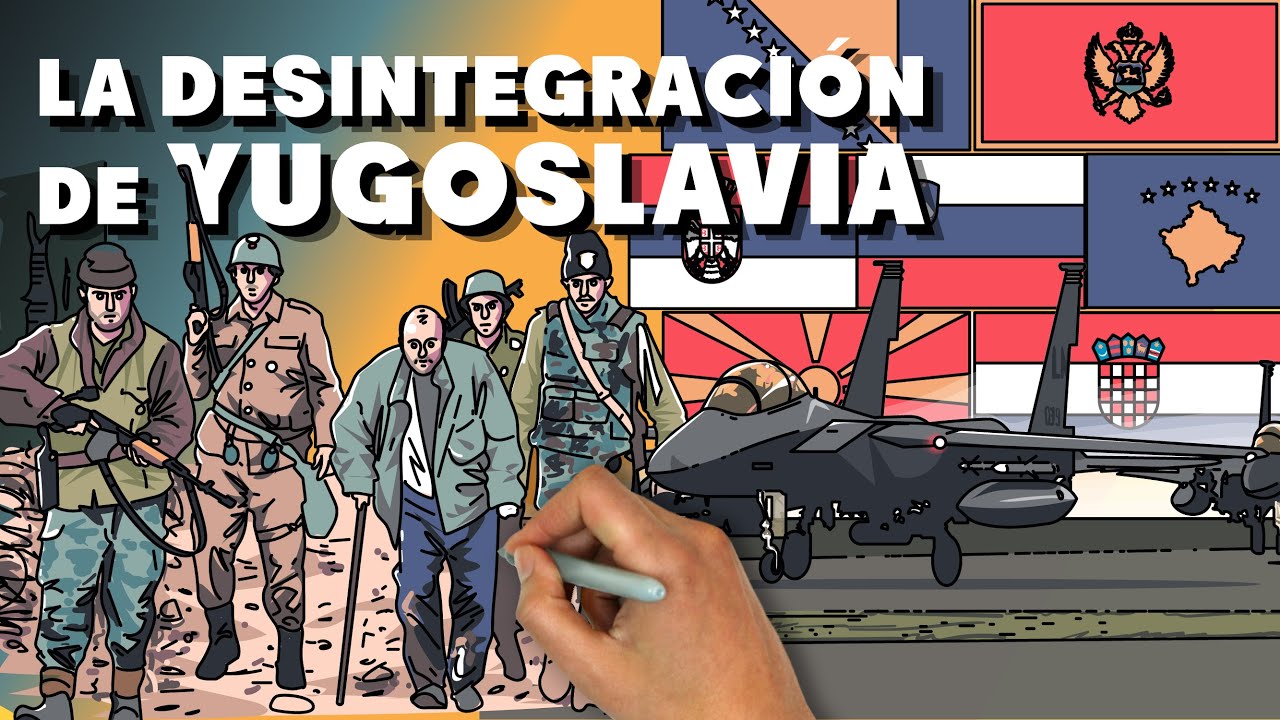The African World War | Animated History
Summary
TLDRThe Second Congo War, often dubbed Africa's World War, is explored in this video, detailing its complex ethnic and national conflicts. The war, which began in 1998, involved numerous African nations and various factions, with the Tutsis playing a significant role. It was a deadly conflict, with the death toll still debated, and despite peace efforts, the war's complexity and shifting alliances made it challenging to resolve. The video provides a comprehensive look at this underrepresented chapter of recent history.
Takeaways
- 😀The Second Congo War, also known as Africa's Great War, is considered the deadliest conflict since World War II.
- 📅The war's complexity is heightened by its ongoing nature and the blurred lines between different phases and conflicts.
- 🌍The conflict was fought along both ethnic and national lines, exacerbated by postcolonial border issues.
- 👥The Tutsis, a socio-ethnic group, were dispersed throughout the region due to the 1994 Rwandan genocide, influencing the war dynamics.
- 🔄The First Congo War (1996-1997) led to Laurent Kabila overthrowing Mobutu Sese Seko with support from Uganda and Rwanda.
- 💣Tensions rose as Kabila distanced himself from his former Tutsi allies, leading to their defection and the formation of the Rally for Congolese Democracy (RCD).
- 🚀The war saw significant military actions, including the invasion by Ugandan and Rwandan forces, and battles for strategic locations like the Inga Dams.
- ⚔️The conflict involved numerous factions and international players, including Angola, Zimbabwe, Namibia, Chad, Sudan, and various rebel groups.
- 📜Despite numerous peace accords and interventions by leaders like Nelson Mandela, the war persisted, characterized by complex alliances and proxy battles.
- 🔚The death of Laurent Kabila in 2001 and the succession of his son Joseph Kabila marked a shift, leading to gradual peace efforts and withdrawal of foreign troops.
Q & A
What is the Second Congo War also known as?
-The Second Congo War is also referred to as 'Africa's Great War' and is considered the deadliest conflict since the Second World War according to Reuters news.
Why is the Second Congo War difficult to cover?
-The Second Congo War is difficult to cover because, as of the video's release, the conflict is arguably still ongoing, and the death toll remains a subject of debate.
What is the significance of the Tutsis in the context of the Second Congo War?
-The Tutsis are a socio-ethnic group that have historically lived in the African Great Lakes region.
Outlines

This section is available to paid users only. Please upgrade to access this part.
Upgrade NowMindmap

This section is available to paid users only. Please upgrade to access this part.
Upgrade NowKeywords

This section is available to paid users only. Please upgrade to access this part.
Upgrade NowHighlights

This section is available to paid users only. Please upgrade to access this part.
Upgrade NowTranscripts

This section is available to paid users only. Please upgrade to access this part.
Upgrade Now5.0 / 5 (0 votes)





